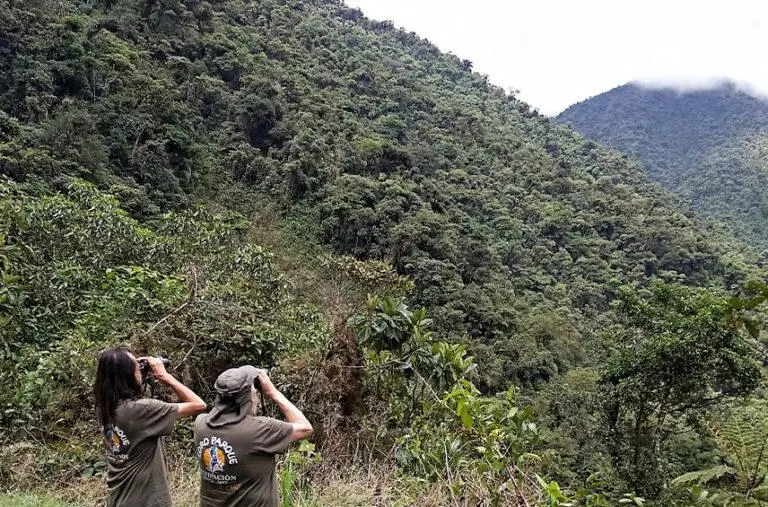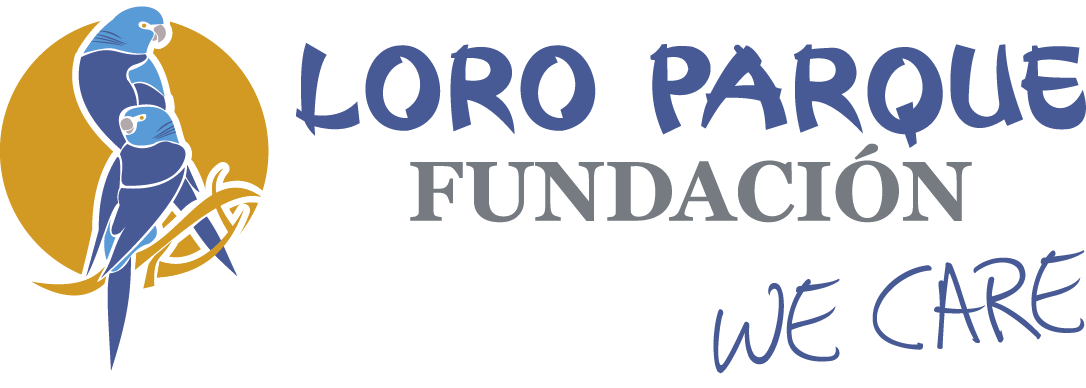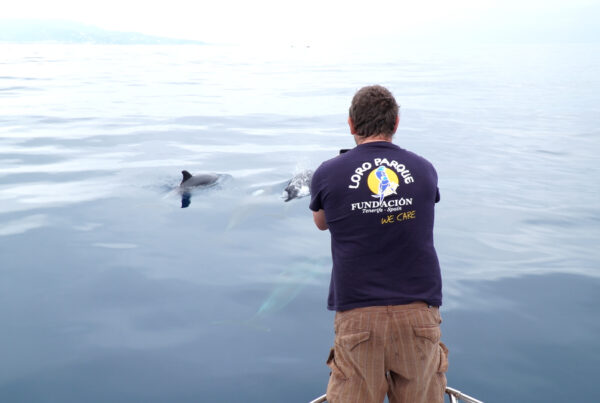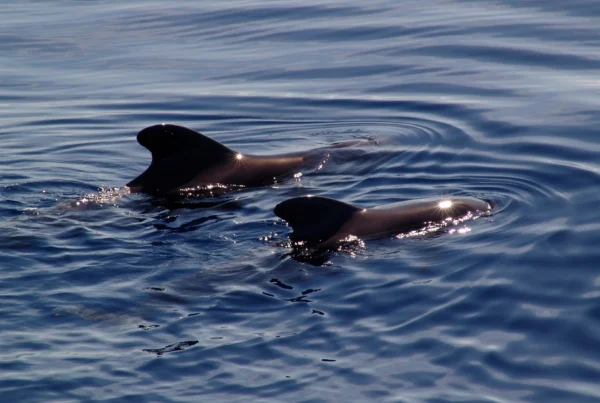
| Category | Land |
| Date | 2018 |
| Investment | 275.728$ |
Since 2018 LPF has been supporting large-scale studies of threats to parrot species and their habitats.

Analysis of large-scale impacts of habitat loss and poaching on Neotropical parrot conservation
The Neotropical region has the highest proportion (37%) of threatened psittacine species in the world. Recent expert assessments suggest that habitat loss, through logging and livestock and agricultural expansion, together with trapping for pet trade, are currently the main threats to Neotropical psittacine populations. However, there are not many field studies that allow us to accurately assess the relative role of these threats, let alone how they vary between different biomes and Neotropical countries.
The main purpose of this project, which Loro Parque Fundación has been supporting since 2018, is to simultaneously assess in real time the effects of habitat loss and illegal capture on the conservation of Neotropical psittacines. The methodology used consists of carrying out large-scale censuses to measure the abundance, richness, and diversity of bird communities, as well as each species’ relative abundance, in relation to the loss, alteration and fragmentation of their natural habitats. These systematic surveys are combined with interviews in local communities to quantify the numbers of each species being captured for use as pets, as well as their welfare and annual turnover rates.
The project will quantify the effects of habitat loss and poaching in 22 study areas in 10 countries, covering a wide range of biomes in Central and South America and the Caribbean, and assess long-term impacts of illegal capture.
Some of the results obtained show that psittacines are the main seed dispersers of some key tree species, to the extent that they can shape the landscapes of some ecosystems and, through their positive effects on plants, can strongly influence the structure and operation of tropical ecosystems. In addition, during fieldwork, we have advanced our knowledge about the distribution of psittacines, finding species and subspecies outside their previously known ranges.
BLOG
News





